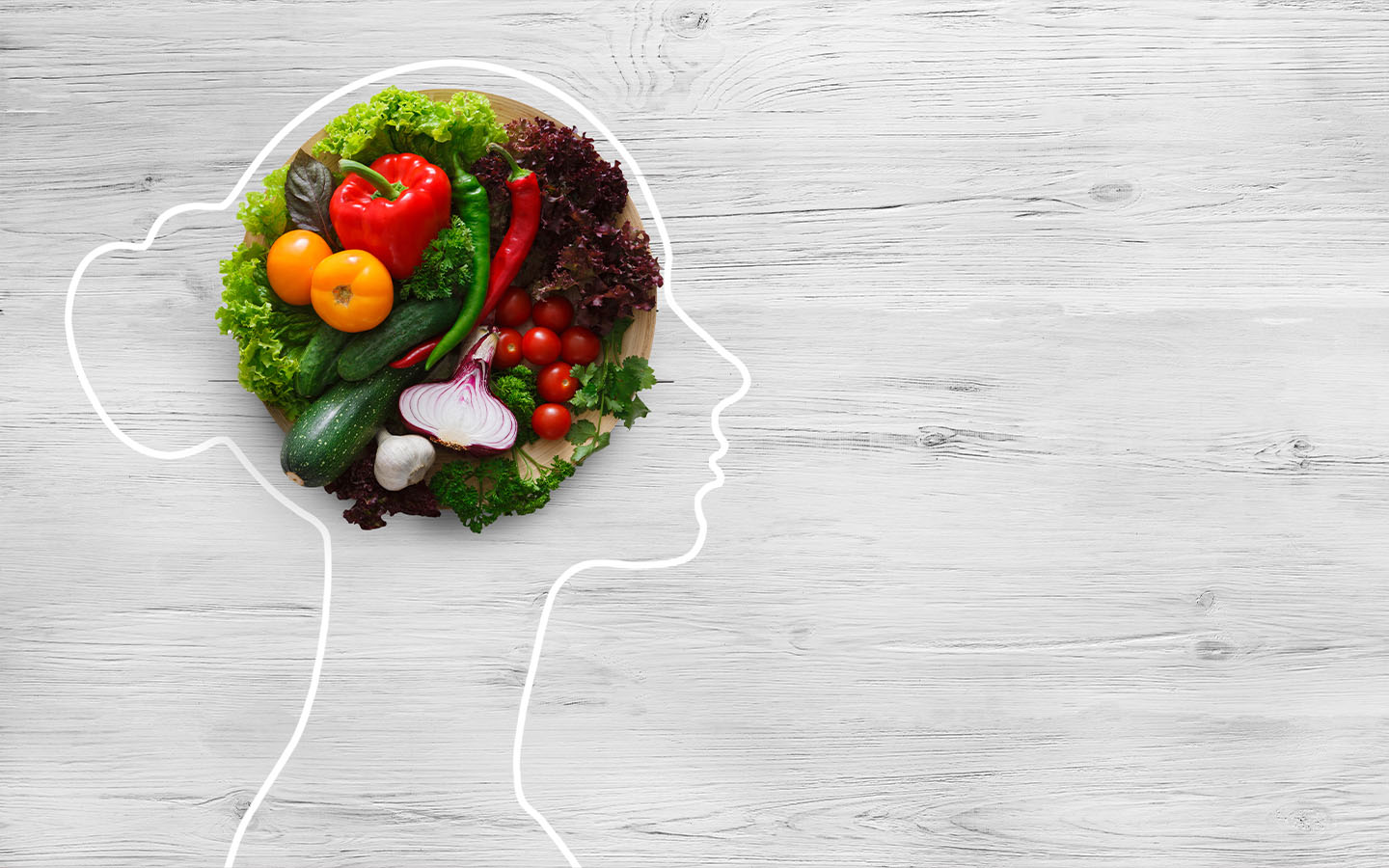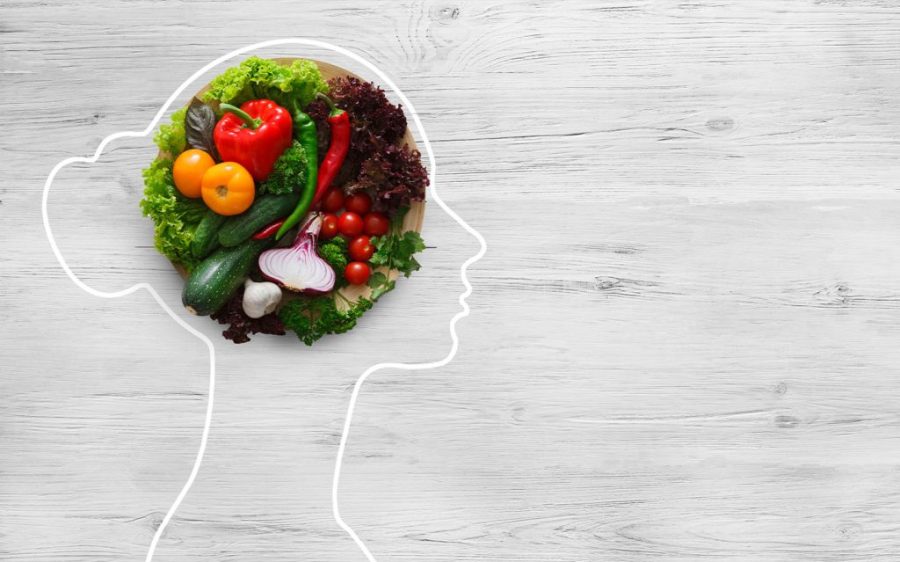Dietary changes made in your 40s may offer protection against cognitive decline later in life, while also benefiting mood and lifestyle in the present, reports News Medical.
A pilot study of the MIND diet – a brain-health focused combination of the Mediterranean and DASH (Dietary Approaches to Stop Hypertension) diets – in Northern Ireland followed 41 healthy participants, men and women aged 40 to 55, for 12 weeks. Participants were sorted into three groups: MIND diet with support, MIND diet without support and a control group following standard dietary guidelines.
No statistically significant change in cognitive function was observed, likely due to the short duration of the study, but both groups following the MIND diet showed improved physical and emotional well-being, with support – tools like a simple online educational platform and peer discussion forum – having no notable impact on participants’ ability to stick with the diet.
[See more: Ultra-processed food is even worse for you than you think]
According to Healthline, there are no set guidelines for the MIND diet, merely an emphasis on eating more foods associated with brain health and limiting intake of foods high in saturated fats, believed to have negative effects. The MIND diet recommends limiting intake of butter and margarine, cheese, red meat, fried food, and pastries and sweets. Studies have shown a link between trans fats and several diseases (including Alzheimer’s disease), but the impact of saturated fats is less certain.
The nine foods encouraged under the MIND diet are: green, leafy vegetables; all other vegetables, berries, nuts, olive oil, whole grains, fish, beans and poultry. Serving recommendations vary – from three servings of whole grains a day to poultry and berries at least twice a week – but all foods are considered beneficial enough that, even in moderation, they have been associated with a decreased risk of Alzheimer’s disease and cognitive impairment. It is believed that the foods encouraged by the MIND diet may reduce oxidative stress and inflammation, curbing cell damage and protecting the brain.
Researchers are clear to frame the pilot study as a first step in understanding the effects of the MIND diet on healthy, middle-aged adults. The results, while encouraging, particularly in terms of improved mood and physical well-being, are limited in applicability due to the small sample size and limited duration of the study.






